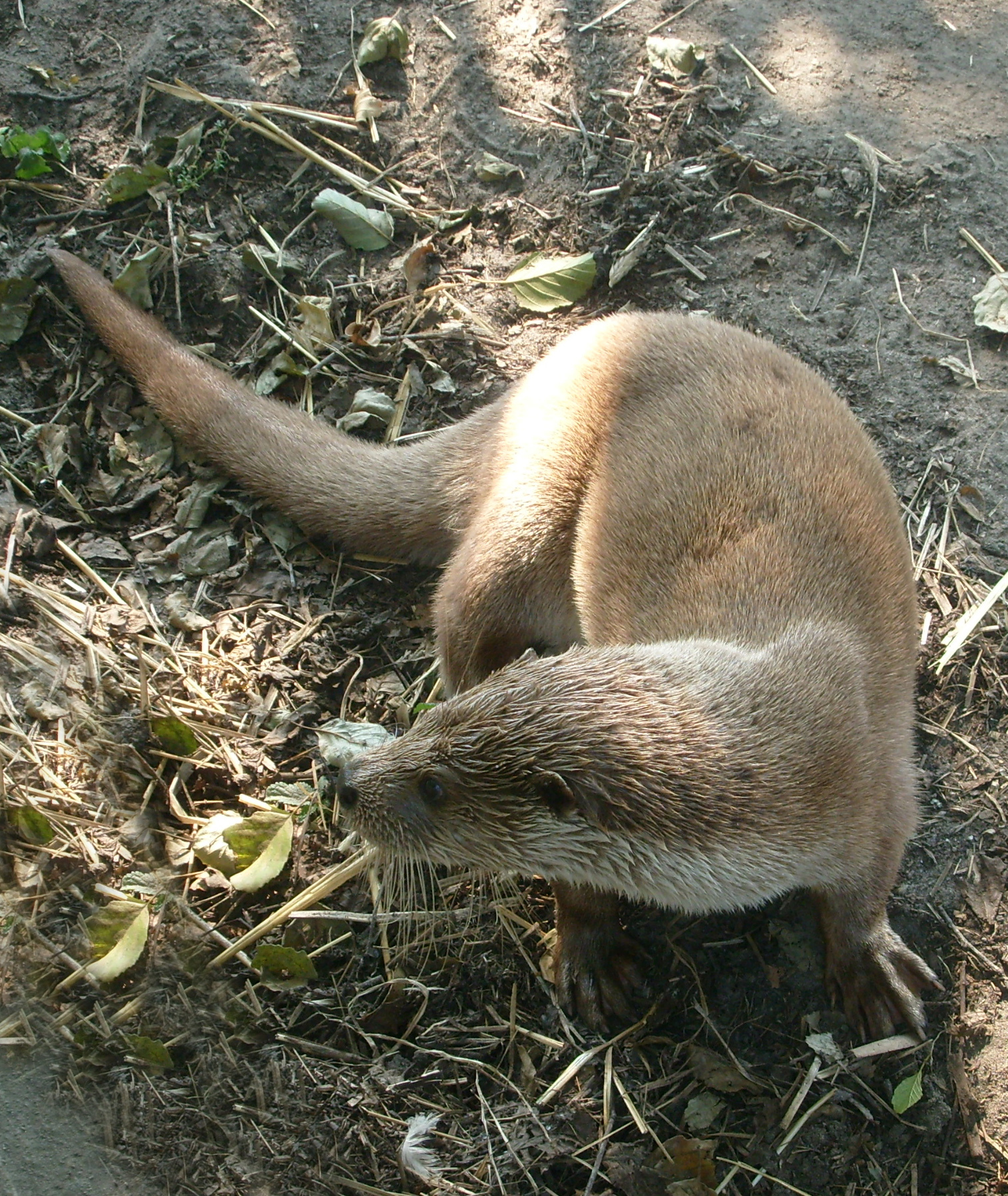A Highland based otter sanctuary is helping to bring otters back to Japan.
The International Otter Survival Fund (IOSF) in Skye has been invited to Japan this month to attend a workshop looking into a possible reintroduction of Eurasian otters.
Otters became extinct in Japan in the late 20th century but until then they were fairly common in rivers.
In the 1990s there were several expeditions to try and find them. Otter droppings were found in 1999, but since then there has been nothing.
In August 2012 the Ministry of the Environment declared the otter extinct and now they are considering reintroducing a close relative of the Japanese species.
The Japanese species can never be replaced, so it is likely that otters from eastern Russia will be brought in.
The Japanese otter was believed to be either a subspecies of the Eurasian otter or possibly even a separate species – lutra lutra whiteleyi or lutra nippon.
IOSF’s Dr Paul Yoxon said: “As ever, the otters were lost to hunting and habitat loss. Now they are looking into the feasibility of reintroducing otters on to Hokkaido island in north Japan, and we are delighted to have been invited to help with this exciting project.
“It is being talked about at this stage but there’s a high chance of the project taking place this year, with about 100 otters likely being reintroduced.
“In the Highlands and islands, numbers were not affected in the same way but otters are now dying younger – often aged five instead of 12 or 13. This is being caused by heavy mercury levels accumulating in the sea and otters eating the fish.”
Dr Yoxon believes that a 10-year captive breeding programme would work well as part of the Hokkaido scheme, to ensure that numbers are maintained and that young are being safely released into the wild.
The workshop will be held next weekend at the Shiretoko National Park, which is a Unesco World Heritage Site.
It was registered in July 2005 and is considered to be the last pristine wilderness remaining in Japan.
